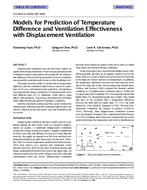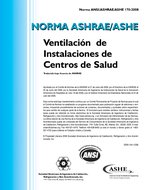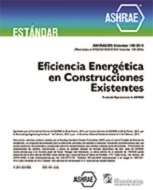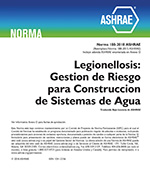Description
Displacement ventilation may provide better indoor air quality than mixing ventilation. Proper design of displacement ventilation requires information concerning the air temperature difference between the head and foot level of a sedentary person and the ventilation effectiveness at the breathing level.
This paper presents models to predict the air temperature difference and the ventilation effectiveness, based on a database of 56 cases with displacement ventilation. The database was generated by using a validated CFD program and covers four different types of U.S. buildings: small offices, large offices with partitions, classrooms, and industrial workshops under different thermal and flow boundary conditions.
Both the maximum cooling load that can be removed by displacement ventilation and the ventilation effectiveness are shown to depend on the heat source type and ventilation rate in a room.
Also published as Paper CH-99-6-4 in Symposium, CH-99-6, Innovative Methods for Room Air Distribution
Units: Dual
Citation: ASHRAE Transactions, vol. 105, pt. 1
Product Details
- Published:
- 1999
- Number of Pages:
- 14
- File Size:
- 1 file , 1.5 MB
- Product Code(s):
- D-7575




